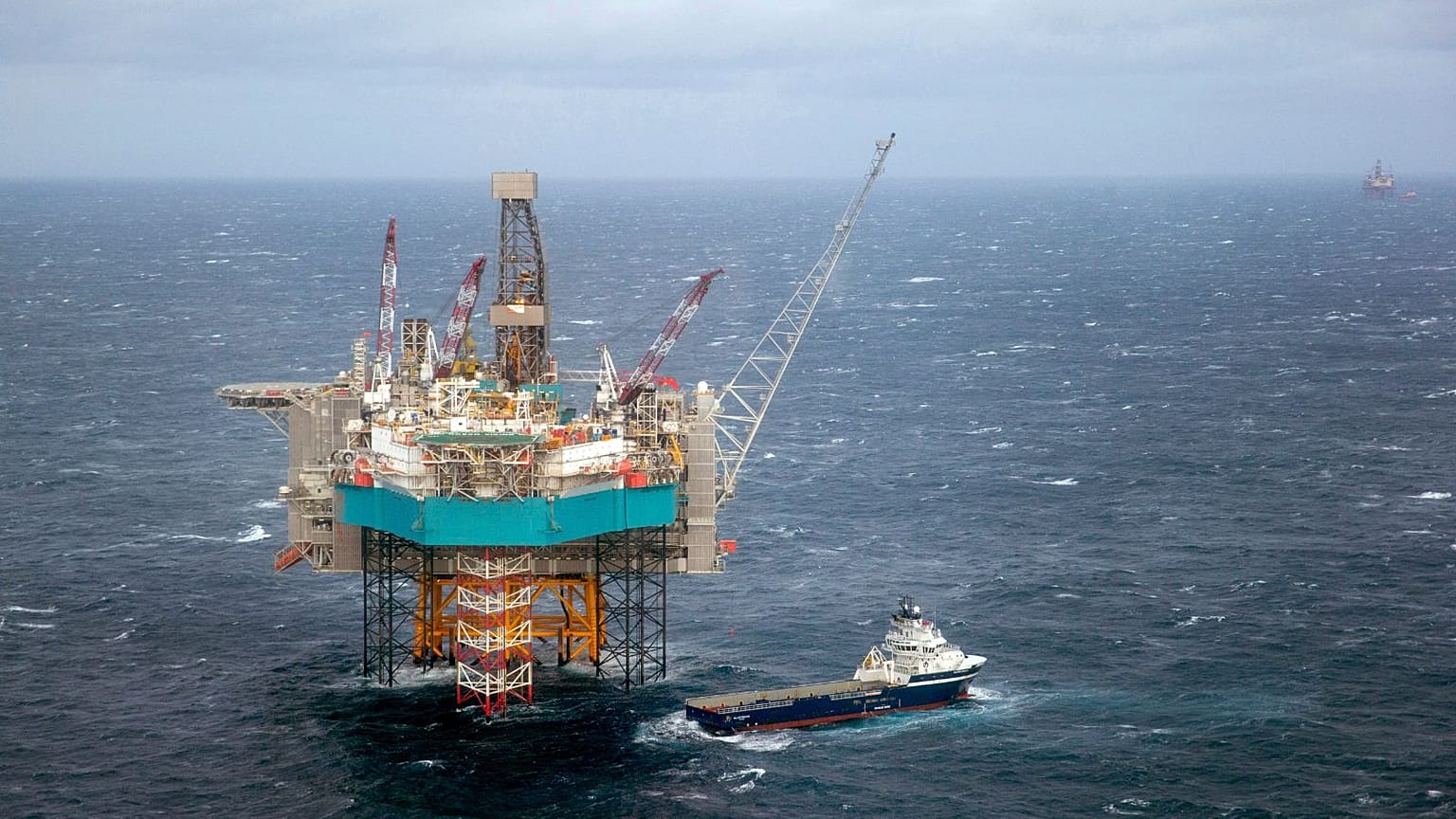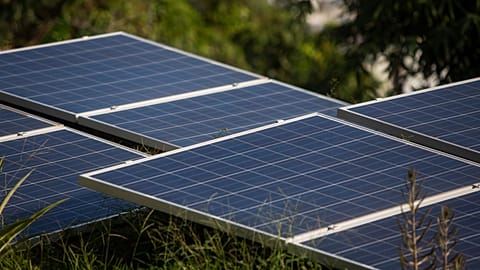Norway’s government signalled its intention to open up the country’s waters to deep sea mining, but environmental groups have slammed the move.
Environmental groups have condemned Norway’s proposal to open up parts of the country’s continental shelf for commercial deep sea mining.
 ADVERTISEMENT
ADVERTISEMENT
 ADVERTISEMENT
ADVERTISEMENT
The Norwegian government announced its intentions on Tuesday, although the move still has to be formally debated by parliament later this year.
What are the environmental impacts of deep sea mining?
There are concerns that mining the sea bed would threaten the biodiversity of the vulnerable ecosystems in the area.
“To forge ahead and unleash deep sea mining in the Arctic would be criminal,” Louisa Casson, global project leader for Greenpeace’s Stop Deep Sea Mining campaign said.
“Norway talks about leading the world but they clearly didn’t get the memo of the growing opposition to this industry,” she said in a statement.
“Companies at the forefront of the green transition are already calling for a halt to this destructive industry, as are citizens and governments from Europe to the Pacific.”
The World Wide Fund for Nature (WWF) also called out the move.
“WWF strongly condemns the Norwegian government’s decision to open up 281,000 square kilometres of its ocean - an area larger than the size of the UK - to deep seabed mining in the sensitive Arctic.”
Scientists refute claims that deep sea mining is needed for green transition
Earlier this month the European Academies’ Science Advisory Council (EASAC), an organisation made up of National Science Academies of EU Member States plus Norway, Switzerland and the UK, called for a moratorium on deep sea mining.
Michael Norton, EASAC’s environment director, said it’s “misleading” to claim that deep-sea mining is necessary for a green energy transition.
And Norway’s own environmental agency has expressed concerns at the move. It said that its impact assessment does not provide a decision-making basis for allowing mineral extraction.
Why does Norway want to allow deep sea mining?
Terje Aasland, Norway's minister for petroleum and energy, said in a statement the country needs minerals to help transition to a more green economy.
Norway says the move is in line with the country’s strategy to seek new economic opportunities and reduce its reliance on the oil and gas industry.
The Norwegian seabed is reportedly rich with minerals including copper, zinc, manganese and cobalt.
“Currently the resources are controlled by a few countries, which makes us vulnerable,” Aasland said.
Norway, one of the world’s wealthiest countries due to its vast oil and gas reserves, has significant mineral resources on the seabed, and their extraction could become “a new and important industry" for the country, the petroleum and energy ministry said.
If proven to be profitable, and if extraction can be done sustainably, seabed mineral activities can strengthen the economy, including employment in Norway, while ensuring the supply of crucial metals for the world's transition to sustainable energy, the ministry added.
Norway’s move comes a month before a meeting of the International Seabed Authority in Kingston, Jamaica, that will address the thorny issue of whether there should be industrial-scale extraction of valuable minerals from the depths of the ocean.

















